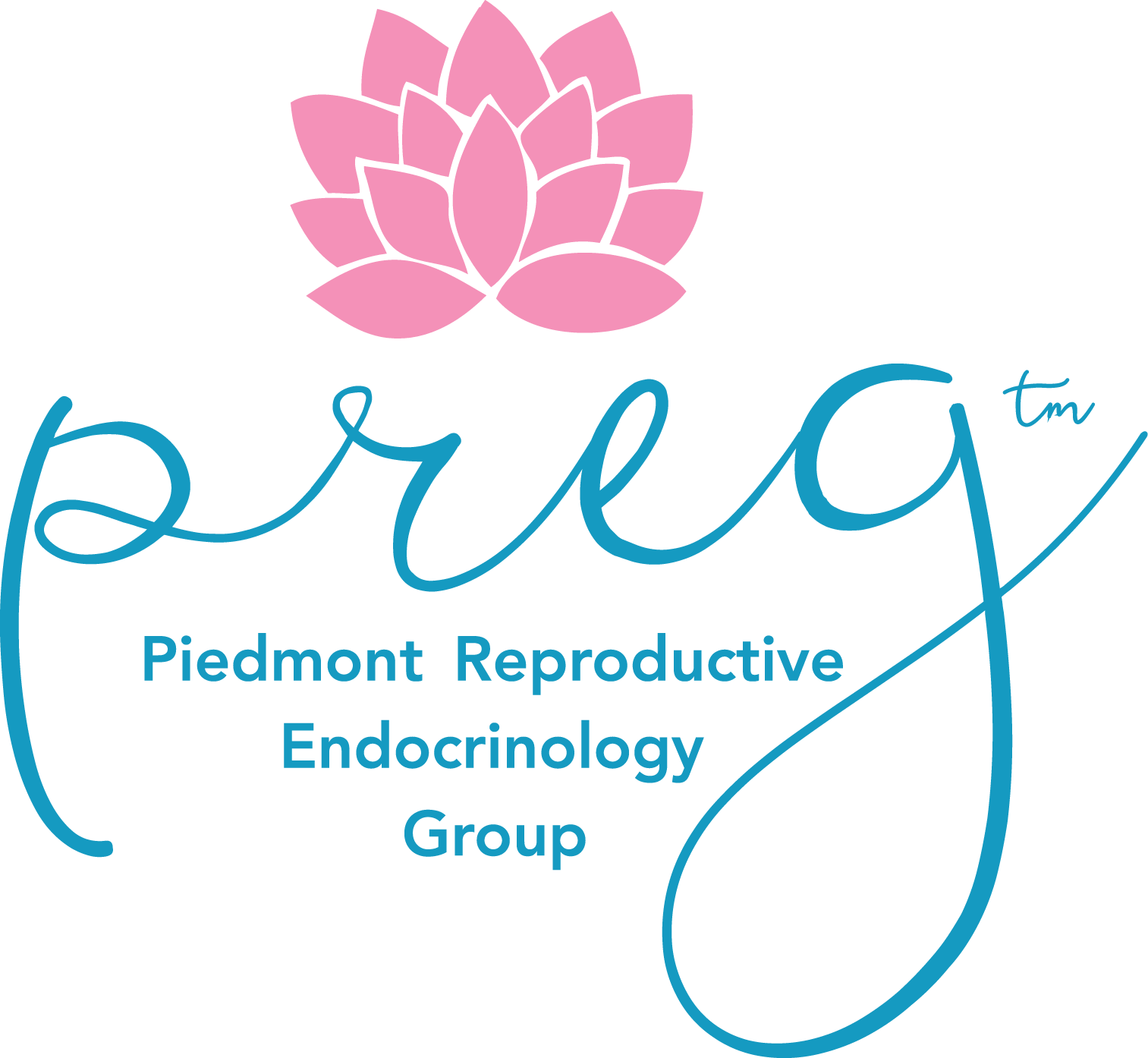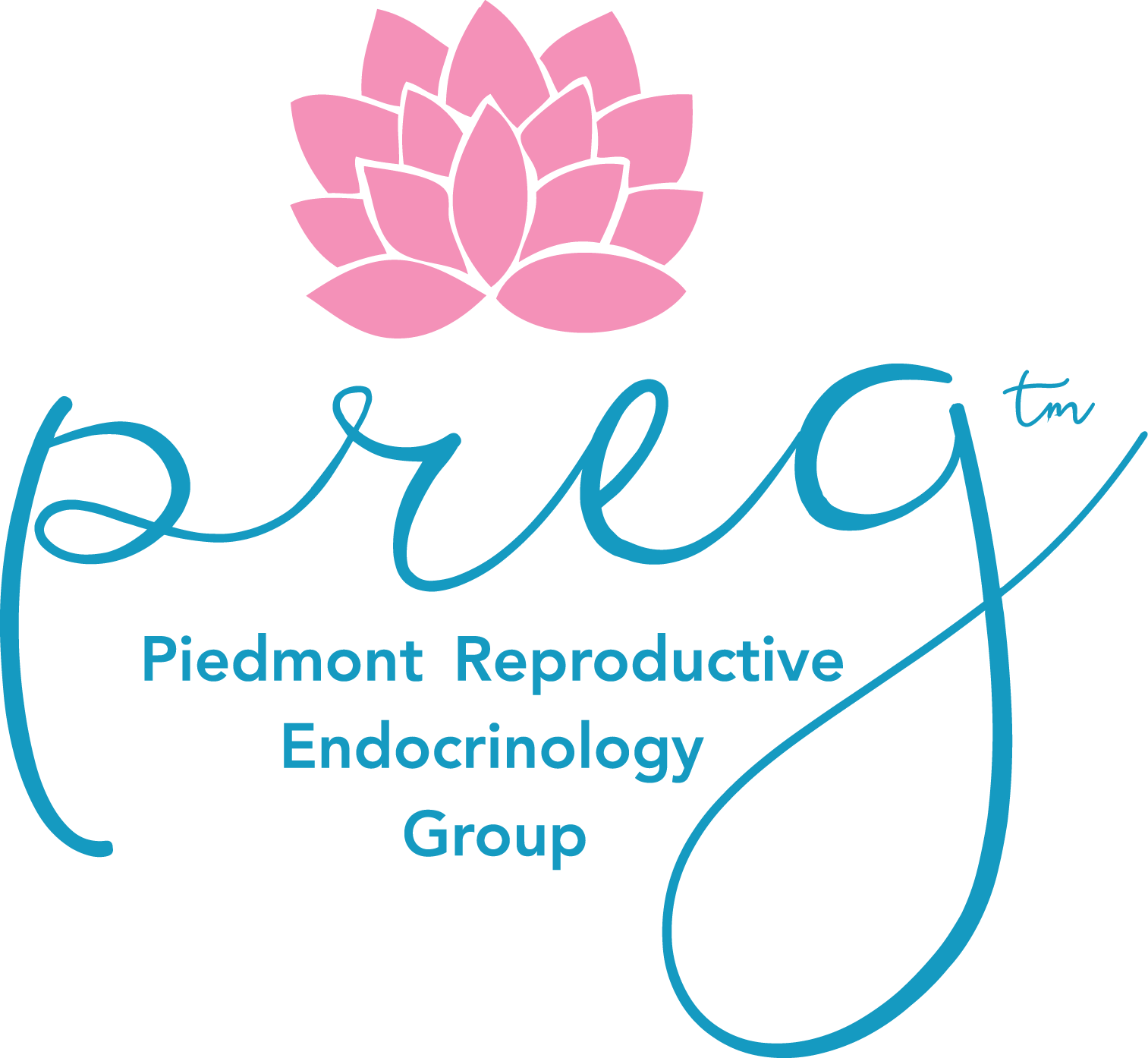Embarking on the journey of in vitro fertilization (IVF) can be both exhilarating and nerve-wracking. The process is filled with numerous steps, each bringing you closer to your goal of starting or expanding your family. One of the final and most anticipated steps is the frozen embryo transfer (FET). Understanding what to expect after your FET can help you navigate this critical period with greater confidence and peace of mind.
The Immediate Aftermath
1. Rest and Recovery
After the embryo transfer, you might feel a range of emotions, from excitement to anxiety. Physically, you may experience mild cramping or spotting, which is perfectly normal. Most clinics recommend resting for a day or two post-transfer, although there’s no need for complete bed rest. Light activities are generally fine, but avoid strenuous exercise and heavy lifting.
2. Medications and Instructions
Your fertility specialist will likely prescribe medications to support the uterine lining and facilitate implantation. These might include progesterone supplements and estrogen. It’s crucial to follow the prescribed regimen diligently. You may also receive specific instructions on lifestyle adjustments, such as dietary recommendations or restrictions.
The Two-Week Wait
3. Emotional Rollercoaster
The two-week wait (TWW) between the embryo transfer and the pregnancy test can be one of the most emotionally challenging parts of the IVF journey. You might find yourself scrutinizing every little symptom, wondering if it’s an early sign of pregnancy. It’s essential to find ways to manage stress and keep your mind occupied. Engaging in light hobbies, spending time with loved ones, or practicing mindfulness and relaxation techniques can be helpful.
4. Common Symptoms
During the TWW, you may experience various symptoms due to the medications and the body’s natural response. These can include:
- Mild Cramping: Similar to menstrual cramps, often due to the uterus accommodating the embryo.
- Spotting: Light spotting or bleeding can occur and is not necessarily a sign of a failed cycle.
- Breast Tenderness: Hormonal changes can lead to sore or tender breasts.
- Fatigue: Many women report feeling unusually tired during this period.
It’s important to remember that these symptoms can also be related to the medications you’re taking and not solely indicative of pregnancy.
The Pregnancy Test
5. Blood Test (Beta hCG)
About 10-14 days after the embryo transfer, you’ll return to your clinic for a blood test to measure the levels of human chorionic gonadotropin (hCG) in your bloodstream. This hormone is produced during pregnancy, and its presence in your blood is one of the earliest indicators that the embryo has implanted successfully.
6. Interpreting the Results
The wait for the test results can be agonizing. A positive result is a significant milestone, but it’s just the beginning. Your clinic will likely schedule additional blood tests to ensure that hCG levels are rising appropriately, indicating a progressing pregnancy. If the test is negative, it can be devastating, but it’s important to discuss the next steps with your fertility specialist. They may recommend additional tests, adjustments to the treatment plan, or another FET cycle.
Moving Forward
7. Early Pregnancy Care
If your test is positive, congratulations! Your fertility clinic will guide you through the next steps, which often include more blood tests and early ultrasound scans to monitor the development of the embryo. It’s crucial to continue following your specialist’s advice regarding medications and lifestyle.
8. Coping with Setbacks
If the cycle is unsuccessful, give yourself time to grieve and process the emotions. Lean on your support network and consider speaking with a counselor or joining a support group. Discussing your experience with others who understand can be incredibly healing and provide the strength to try again if you choose to do so.
The period following your IVF frozen embryo transfer is a delicate balance of hope and patience. By understanding what to expect and preparing yourself emotionally and physically, you can navigate this time with greater ease. Remember to lean on your support network, stay informed, and take care of yourself throughout the journey. Whether your path to parenthood involves more steps or reaches its joyful destination, every effort brings you closer to your dream.
Our team is here to help – reach out with your questions today!



